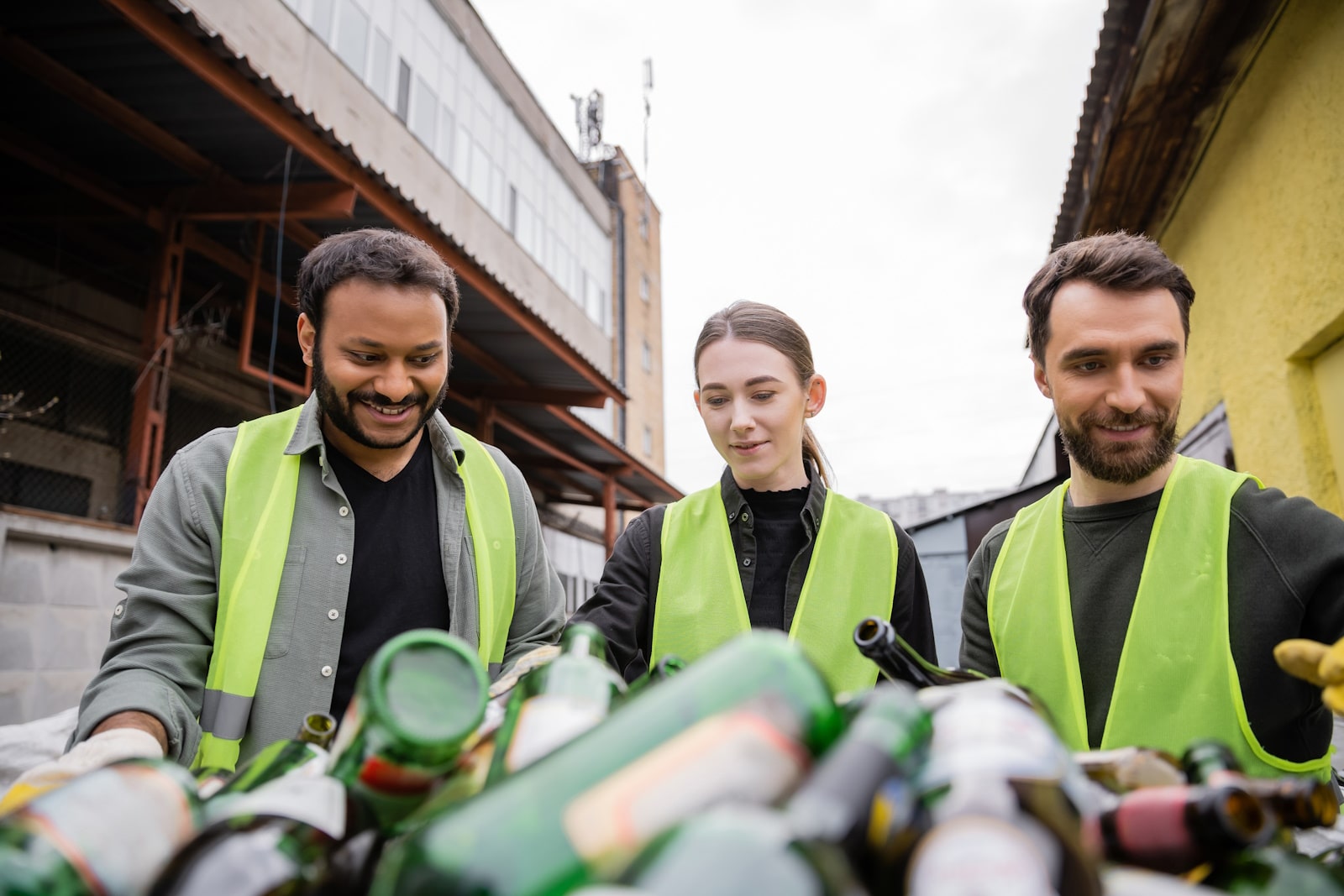How Waste Management Companies Work
Waste management is something we all deal with, whether at home, work, or in our communities. But have you ever wondered how waste management companies actually work behind the scenes to keep our environment clean and safe? Let’s break it down in simple terms, with some helpful info on how this industry is evolving, especially in South Africa, and what you can do to help.
What Do Waste Companies Do?
At the most basic level, waste companies collect, process, and dispose of rubbish. But it’s much more than just picking up bins and dumping them somewhere. Here’s how it usually works:
Collection and Sorting
Waste companies start by collecting waste from homes, businesses, and public areas. These companies often use smart technology like sensors in bins to know when they’re full — making collections more efficient by focusing on the places that really need emptying.
Once collected, the waste is sorted. Recyclable materials like paper, plastic, and metals get separated out to be reused. Organic waste (like food scraps and garden waste) may be sent for composting or anaerobic digestion, turning it into compost or even energy through methane capture.
Treatment and Disposal
Not all waste can be recycled, so the rest goes through various treatment methods. This can include:
- Biological processing: Composting or anaerobic digestion breaks down organic waste.
- Thermal treatment: Processes like incineration or pyrolysis convert waste into energy, cutting down landfill use.
- Landfilling: The last resort, where non-recyclable and treated waste is safely buried.
South African waste laws, such as the National Environmental Management: Waste Act (NEM:WA), regulate how companies must manage waste to reduce pollution and encourage recycling. This means waste management companies in South Africa must follow strict guidelines to protect the environment and public health.
How Technology is Changing Waste Companies
Gone are the days of random bin pickups! Modern waste companies are embracing new tech like RFID tags and GPS tracking to gather accurate data on waste amounts and optimise routes. This saves fuel, time, and reduces emissions.
Smart waste management systems using sensors help trucks collect only full bins — reducing unnecessary trips. In cities like Johannesburg and Cape Town, these innovations are helping waste companies work smarter, not harder.
Challenges for Waste Management in South Africa
South Africa faces unique challenges. Rapid urban growth means more waste than ever, but infrastructure and resources sometimes lag behind. Informal waste pickers play a big role but often work without support or safety nets.
Local laws push for waste minimisation — encouraging everyone to reduce, reuse, and recycle — but the reality is complex. Waste management companies often struggle with limited budgets, poor governance, and growing waste volumes. That’s why integrated approaches involving communities, government, and businesses are key.
How You Can Help Waste Companies Do Their Job Better
You might think waste management is all down to the professionals, but everyone can help:
- Sort your waste: Separate recyclables and organic waste at home.
- Avoid single-use plastics: Use reusable bags, bottles, and containers.
- Compost if you can: Composting food scraps at home reduces landfill waste.
- Support local policies: Stay informed about South African waste regulations and initiatives.
By doing these simple things, you help waste companies reduce the burden and improve efficiency.
FAQs About Waste Management Companies
What services do waste companies offer?
They collect, transport, recycle, treat, and dispose of waste, including hazardous and organic waste.
How do waste companies recycle waste?
They sort materials like paper, plastic, and metals to send for processing and reuse. Organic waste may be composted or used for energy.
Are waste companies regulated in South Africa?
Yes, they must comply with laws such as the National Environmental Management: Waste Act, ensuring safe, sustainable waste handling.
What technology do waste companies use?
Many use GPS, RFID tags, and smart sensors to optimise collections and improve recycling rates.
How can I work with waste companies to reduce waste?
Sort your waste, compost food scraps, avoid disposables, and support local recycling programmes.
Why Choose A-Thermal for Your Waste Management Needs?
At A-Thermal, we’re committed to working closely with communities and businesses to offer effective, environmentally friendly waste solutions. We use the latest technology and follow all South African regulations to ensure your waste is managed responsibly.
Let’s work together to reduce waste, recover valuable resources, and protect our environment. Get in touch with A-Thermal and join us on the journey to smarter, cleaner waste management in South Africa. Together, we can create a healthier planet for future generations.







